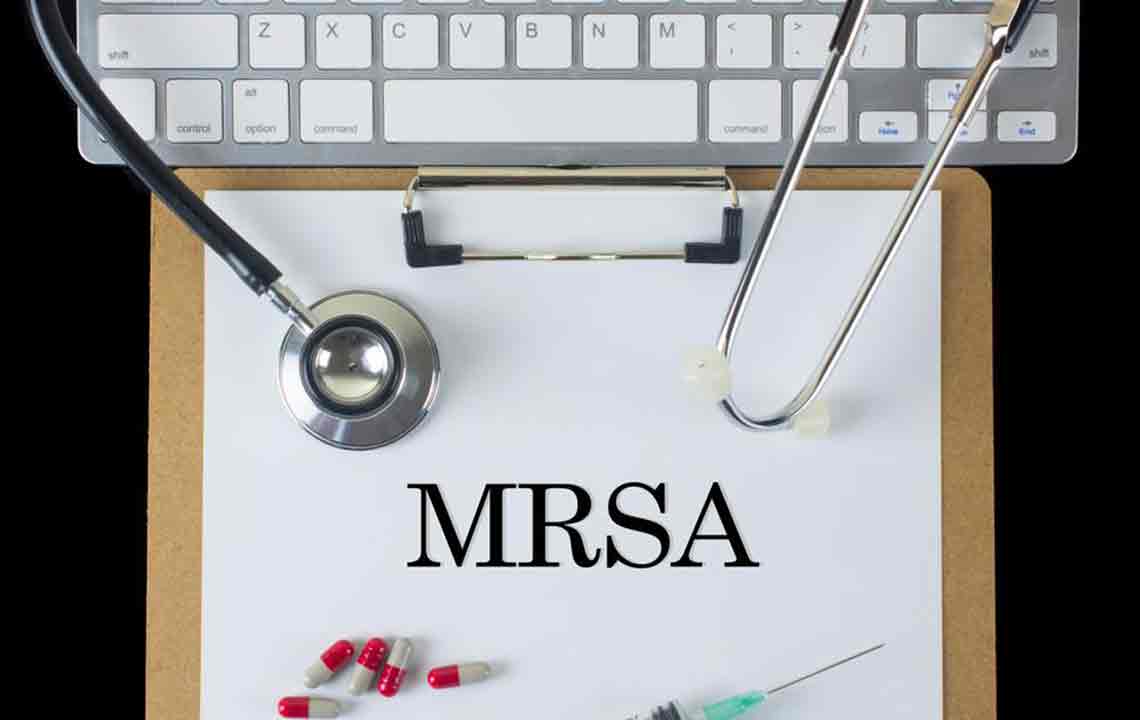When Is Using Antibiotics for a Runny Nose Appropriate?
Discover when antibiotics are appropriate for a runny nose. Learn why antibiotics aren't always the solution, how overuse can harm beneficial bacteria, and when to seek medical testing. This guide helps you understand viral vs. bacterial infections and emphasizes consulting healthcare professionals for proper treatment. Make informed decisions and avoid unnecessary antibiotic use to protect your health and prevent resistance. A clear, concise overview suitable for anyone experiencing prolonged cold symptoms or seeking responsible medication habits.

Understanding Antibiotic Use for a Runny Nose
A persistent runny nose can be quite bothersome. While antibiotics are often promoted as a universal cure for mucus-related ailments, it's essential to know when their use is actually justified.
Antibiotics Are Not a Cure-All for a Runny Nose
While antibiotics can be effective against bacterial infections, they do not target viruses that cause most cases of the common cold or flu. Relying on them without proper diagnosis isn’t advisable, as they won’t eliminate the viral cause.
Impact on Good Bacteria
Excessive use of antibiotics can also harm beneficial bacteria in your nasal passages. This can weaken your immune defense and promote the development of resistant strains, potentially leading to longer recovery times.
This misuse may cause more harm than benefit, emphasizing the importance of correct treatment. So when should antibiotics be considered? Here’s what to keep in mind.
Diagnostic Testing
Laboratory tests, such as mucus cultures, can help determine if a bacterial infection is causing your symptoms. If your runny nose persists or worsens, consulting a doctor for testing can clarify whether antibiotics are needed.
Physicians typically recommend rest, hydration, and viral remedies since most runny noses are caused by viruses, which do not respond to antibiotics. Indicators such as the duration of symptoms, color of nasal discharge, and severity of fever can also guide your decision.
Remember, always seek advice from licensed healthcare professionals for proper diagnosis and treatment. Be cautious about self-medicating with antibiotics unnecessarily, as it can do more harm than good.










